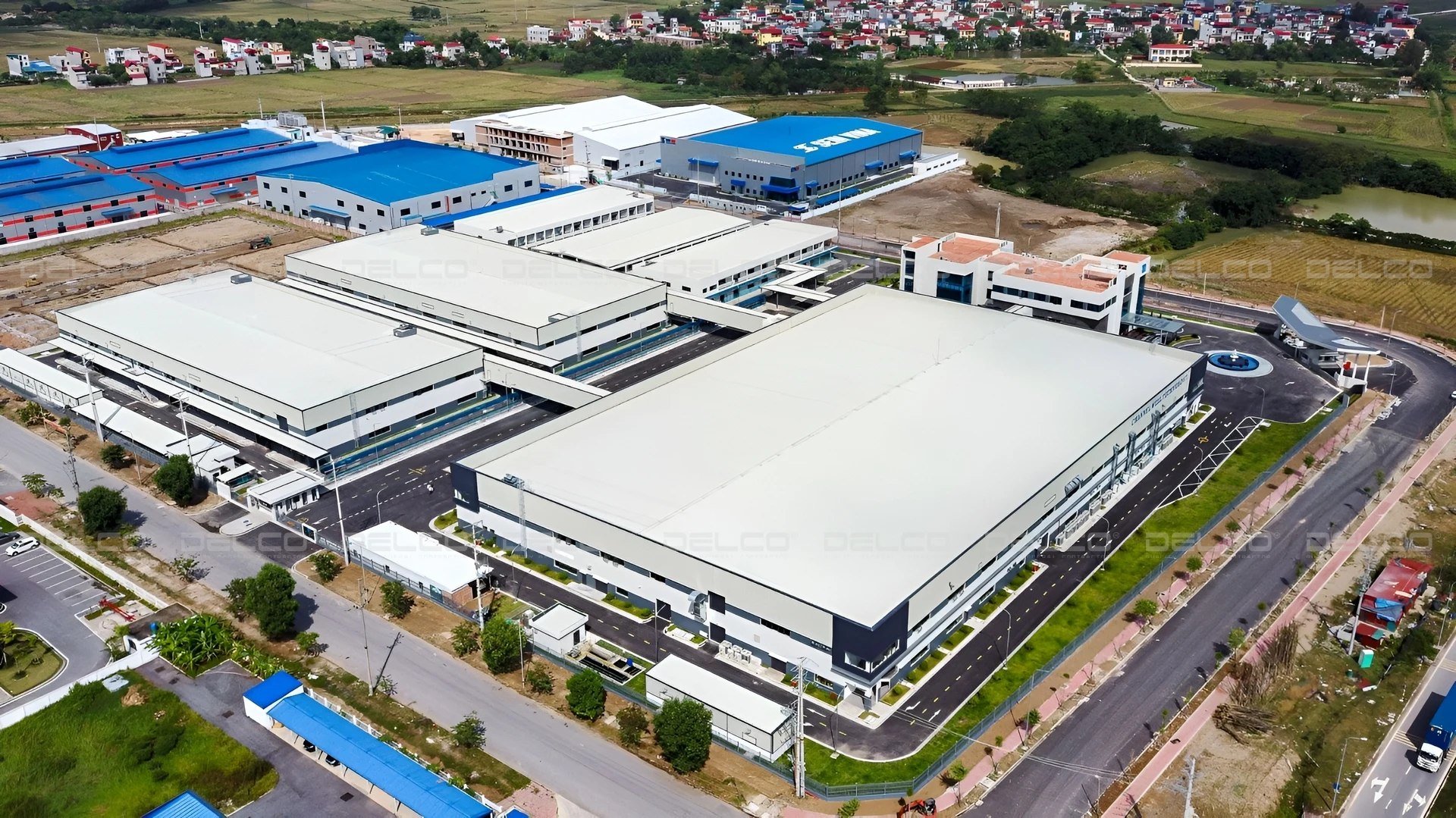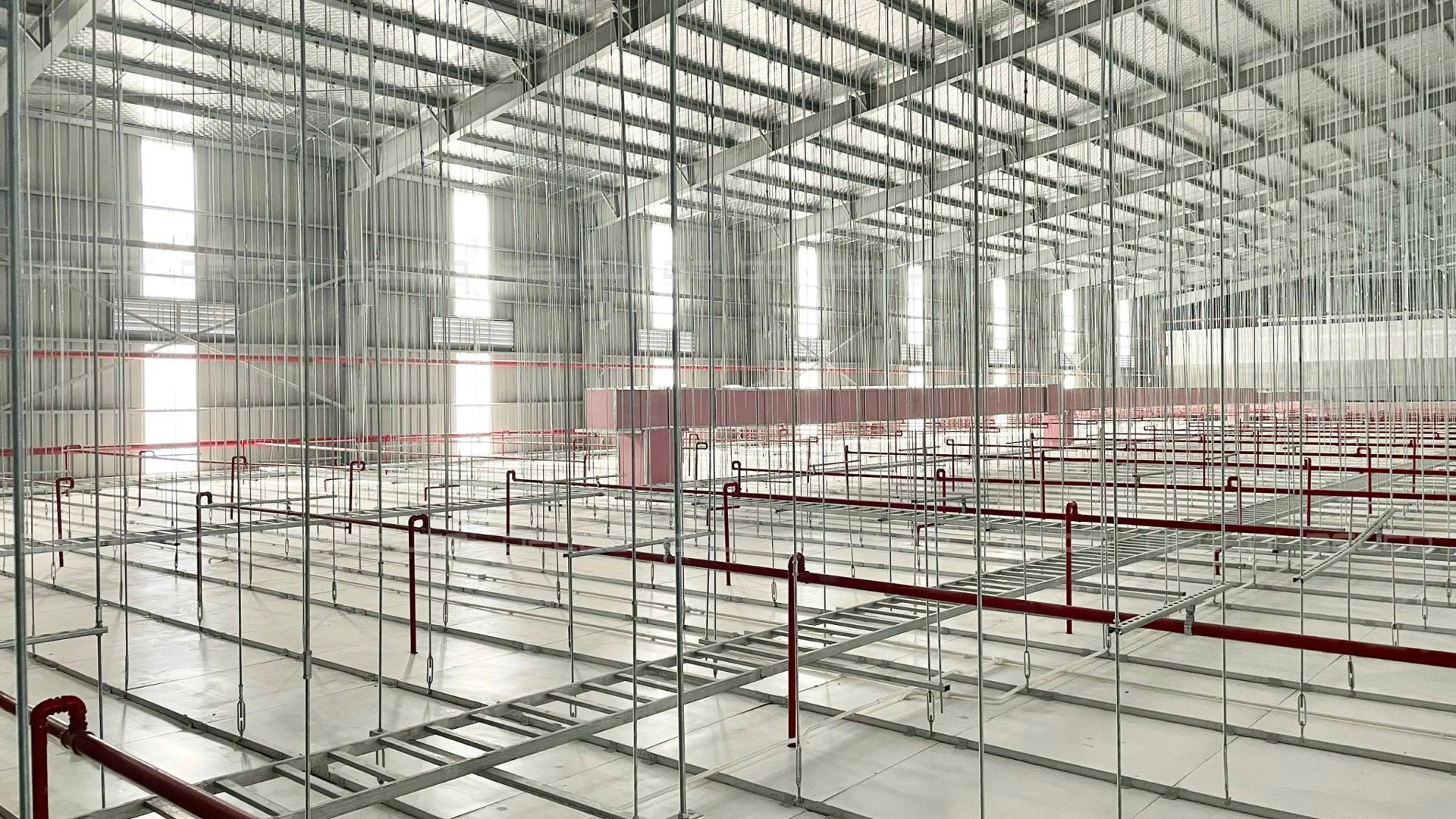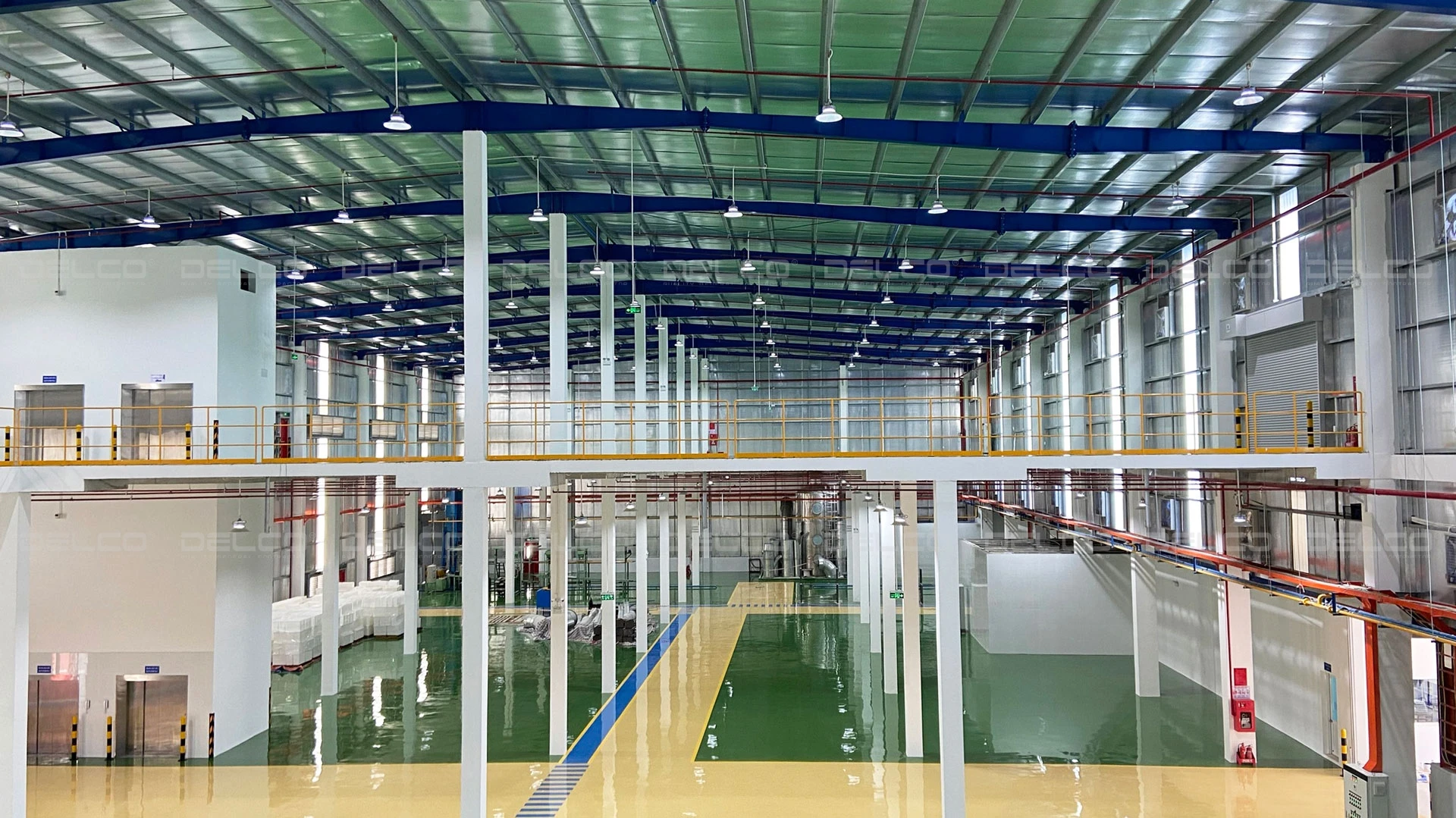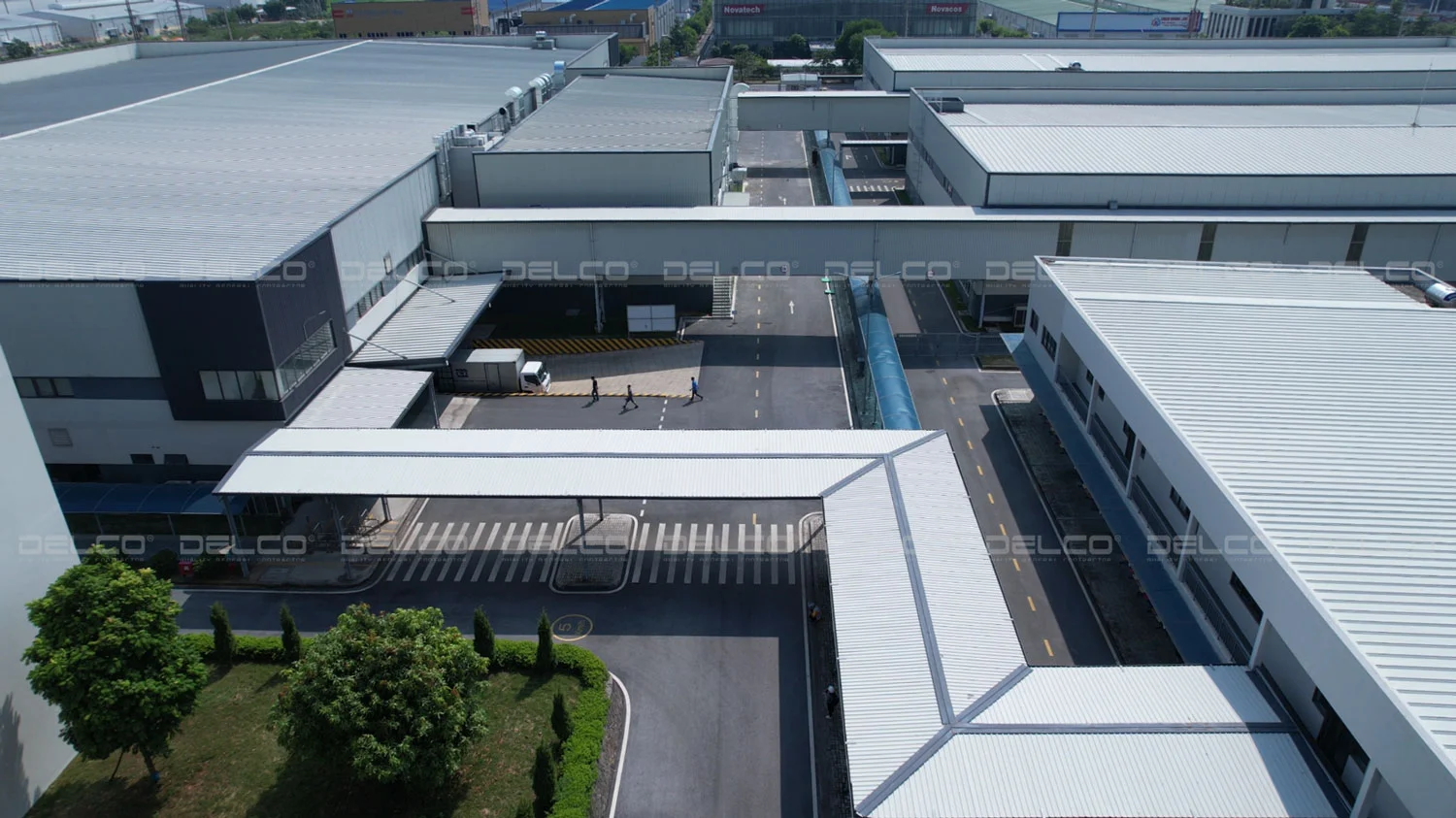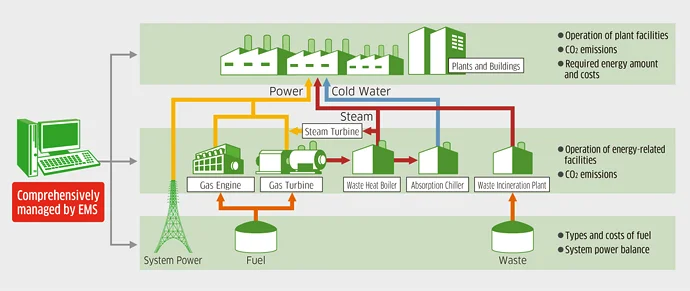The comprehensive quotation of factory design and build in Vietnam, with a detailed breakdown, is based on expert consultation from Design-Build General Contractor DELCO,the factory contractor with nearly twenty years of practical experience in the industrial construction field, commiting transparency and efficiency for the project. Collaborating with construction cost consultants can further enhance the accuracy of cost estimations, ensuring that every aspect of the project is covered comprehensively.
What items are included in the 2025 Factory construction quotation?
Factory Design Quotation
The factory design process begins with a factory site survey, collecting the requirements from the investor, and providing initial design consultation. It then progresses to detailed architectural, structural and MEP designs. These designs not only serve the construction process but also for obtaining construction, fire prevention and environmental permits. Factory planning must comply with the current QC 01/2021/BXD standard regarding construction density, green space density, etc.Engaging construction cost consultants at this stage can help align the design with the budget constraints and prevent any unexpected expenses.

The cost of factory design typically ranges from USD 1 to 1.6 per square meter, excluding the permit costs. This price may vary depending on the type of factory, production technology, and the investor’s requirements. For specialized production projects, such as those in the food processing industry or projects with high technical standards, the design quotation will be quoted separately. Meanwhile, for upgraded, extension or large projects, the design unit price may be lower.
Quotation for Factory Construction
Overview of the construction quotation for production factories
- Green space within the factory occupies 20%, internal traffic density accounts for approximately 20%.
- The surrounding fence is made of brick, and the front wall is made of iron.
- The foundation, structural framework, enclosure structures, and MEP (Mechanical, Electrical, Plumbing) systems of the factory meet technical standards.
- The office area of the factory ranges from 200 to 1500 square meters of floor space.
| No. | Content | Price range |
| I | Design cost | 1 – 1.6 USD/m² of construction floor area |
| II | Geotechnical survey drilling cost | 0.28 – 0.4 USD/m² (of factory land area) |
| III | Factory construction cost | |
| 1 | Foundation | |
| – | Foundation cost | 20 – 40 USD/m² of construction floor area |
| 2 | Structure | |
| – | Steel structure framework | 60 – 120 USD/m² of construction floor area |
| – | Reinforced concrete framework | 60 – 120 USD/m² of construction floor area |
| 3 | Roof and surrounding wall | 24 – 48 USD/m² of construction floor area |
| 4 | MEP system cost | 80 – 100 USD/m² of construction floor area |
| – | Fire fighting and prevention system | 32 – 40 USD/m² of construction floor area |
| 5 | Project management cost | 4 – 6% of construction cost |
| IV | Comprehensive factory design – build cost – unit price – for reference | 200 – 600 USD/m² of construction floor area |
Factory design and construction costs depend on many factors. The above is only a reference quotation from DELCO Factory Design – Build Contractor, which has nearly twenty years of practical experience in the industrial construction field. For each project, conducting a specific survey and thoroughly understanding the investor’s needs are always crucial first steps to provide the most accurate quotation. Construction cost consultants can offer valuable insights during these surveys, ensuring that the project is both cost-effective and meets all necessary standards. This approach ensures the quality of the construction, a good fit construction schedule, and compliance with current legal standards for construction and MEP systems of industrial project in Vietnam, avoiding unnecessary additional costs.
Four Key Construction Quotation Items That Investors Need to Pay Attention To
These are the four items that significantly impact the safe and efficient operation of the factory. Therefore, investors should be extremely cautious and avoid changing technical standards or reducing the scope in the quotation to cut costs.
| Items | Recommended specifications | Price range |
| Foundation |
| –Geotechnical Survey Drilling: 0.28 – 0.4 USD/m². Foundation: 20 – 40 USD/m², depending on the factory area, the project scope, and the complexity of the structure. |
| Structure framework |
| Steel Structural Framework: 60 – 120 USD/m². Reinforced Concrete Framework: 60 – 120 USD/m². |
| Surrounding structure |
| Roof and surrounding walls: 24 – 48 USD/m². |
| MEP (Mechanical, Electrical, Plumbing) System |
| MEP System: 80 – 100 USD/m², of which fire Protection System Cost accounts for : 32 – 40 USD/m². . |
Project Management Costs
Project management covers the cost of planning and organizing construction, monitoring progress and quality from the initial phase to completion, inspecting and approving each item according to technical standards, providing usage and maintenance guidance after the project is completed, and handing over all relevant technical documentation to the investor.
The cost of project management typically accounts for about 4 – 6% of the total design and construction quotation for the factory, depending on the project’s scale and complexity.
Factors Influencing the Cost of Factory Design and Construction
Geography and geology
The cost of building a factory can vary significantly depending on the geography (factory location), due to differences in material prices, labor costs, and transportation expenses. Additionally, the geological characteristics of each location directly affect the cost of foundation work and the overall construction cost. Complex geological conditions, such as weak soil, clay, or flood-prone areas, require complex foundation reinforcement, increasing construction costs.

The cost for pile drilling, machinery foundation work, and ground reinforcement can greatly influence the overall cost of constructing a factory.
Architectural Design and Functional Requirements
The complexity of the factory’s architectural and structural design—whether it is simple or intricate, single or multi-story, using premium or standard materials, functioned for production or storage—significantly impacts the factory construction costs. More complex designs with intricate technical details require more calculation and optimization from the contractor, necessitating a team of highly skilled engineers and workers, which increases the overall cost.

Factories in specialized fields such as electronics, food, and pharmaceuticals often have stringent requirements for equipment, clean rooms, and finishing materials, leading to higher construction costs compared to standard factories. For projects of the same scale and production type, the construction cost for factories is generally higher than that for warehouses, as warehouse design is simpler with fewer technical requirements, focusing mainly on storage space, lighting, and basic fire protection systems.
Scale and Area
As the size of the factory increases and the number of floors rises, the total construction cost also increases due to the higher demand for materials, labor, and auxiliary structures. However, the unit cost per square meter of construction often decreases due to economies of scale. Specifically, the cost for constructing a factory under 1,000m² typically ranges from 160 to 240 USD/m², for 1,000 – 3,000m² it is 140 – 220 USD/m², for 3,000 – 7,000m² it is 132 – 212 USD/m², for 7,000 – 15,000m² it is 128 – 208 USD/m², and for over 15,000m² it is 124 – 204 USD/m².
Selecting a reputable contractor
Choosing a reputable, experienced contractor with good warranty and maintenance policies often comes with a higher price than the market average. However, it helps investors optimize the overall project investment cost by ensuring construction quality and schedule, while minimizing additional expenses that might arise from modifying or repairing defects.

Selecting a reliable and high-quality contractor can help investors optimize both factory construction and operational costs.
The contractor’s construction methods and their approach to managing progress and quality are also crucial in controlling construction costs. A logical and well-planned construction schedule, with scientifically organized material and labor allocation across various stages, ensures sufficient technical downtime, maintains the quality of each phase, and saves time and construction costs. Conversely, unstable progress, with concentrated labor and materials at one time, can overload resources, leading to significant additional costs and potentially affecting project quality.
Additionally, the type of contract chosen can greatly influence the design and construction costs. A lump-sum turnkey or fixed price contract can save the investor time and effort in project management and minimize unexpected costs, as all expenses are agreed upon from the start. This type of contract is often signed with Design-Build general contractors, who take responsibility for everything from design to construction, delivering a completed project that meets the investor’s quality, timeline, and budget requirements.
About DELCO Quality Design-Build Contractor
Founded in 2007, DELCO has several years of experience as a Design-Build General Contractor for FDI factory projects in various manufacturing sectors, including electronics components, automotive parts, food processing, precision mechanics, and heavy industry. During the comprehensive factory design and construction as well as smart factory application, DELCO always focuses on the functionality, suitability, and integration as well as the durability of the entire system.
With deep expertise and know-how experience in Vietnam’s industrial construction sector, DELCO can provide investors with factory construction and consulting services with comprehensive financial planning, 80-90% accurate cost estimation in the early stages of the project. DELCO has been and continues to be a partner of many large FDI companies from Europe, Japan, Korea, and Taiwan, receiving positive feedback not only on the quality of the construction but also on production efficiency and cost optimization.


